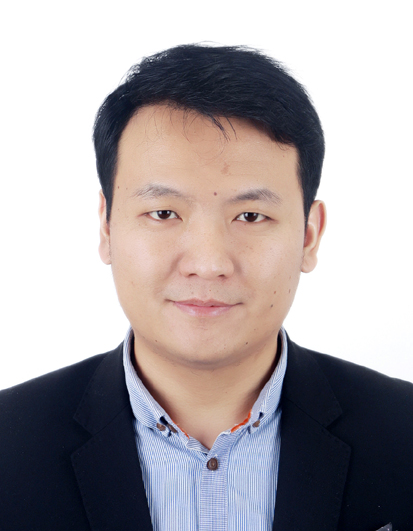
Dedong Wang
(Postdoc)
Helmholtz Centre Potsdam
GFZ German Research Centre for Geosciences
Starting date: 5th January 2017
Partner: Prof. Dr. Yuri Shprits (GFZ)
Project: Quantify wave-particle interactions in Earth's Radiation Belts
There are various types of waves in the inner magnetosphere of Earth, for example, whistler mode chorus waves, hiss waves, EMIC waves, Ultra Low Frequency (ULF) waves. Wave-particle interactions play significant roles in the dynamics of Earth's Radiation Belts. To quantify the effect of wave-particle interactions, we need to calculate diffusion coefficients. Pitch-angle diffusion coefficients describe the effect which changes the pitch angle of particles and causes the loss of them, while energy diffusion coefficients quantify the influence leading to the acceleration of particles. Therefore, comparing the different diffusion coefficients is helpful to understand the effect of wave-particle interactions. To calculate diffusion coefficients, more accurate wave models are needed. In order to understand the dynamic evolutions of relativistic electrons, we also need to calculate diffusion coefficients in different MLT sectors and geomagnetic conditions.
In previous studies, chorus waves are usually treated as magnetic filed aligned. However, thorough statistical analysis of10 years' in situ observations from satellites, large amount of highly oblique chorus waves are observed. Utilizing the statistical results, we take the highly oblique chorus waves into account in the calculations of diffusion coefficients.
Furthermore, we incorporate these diffusion coefficients into long term simulations of radiation belts and validate against satellite observations.

